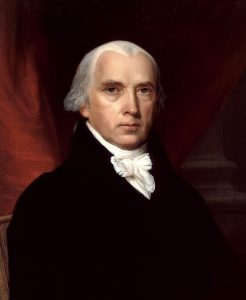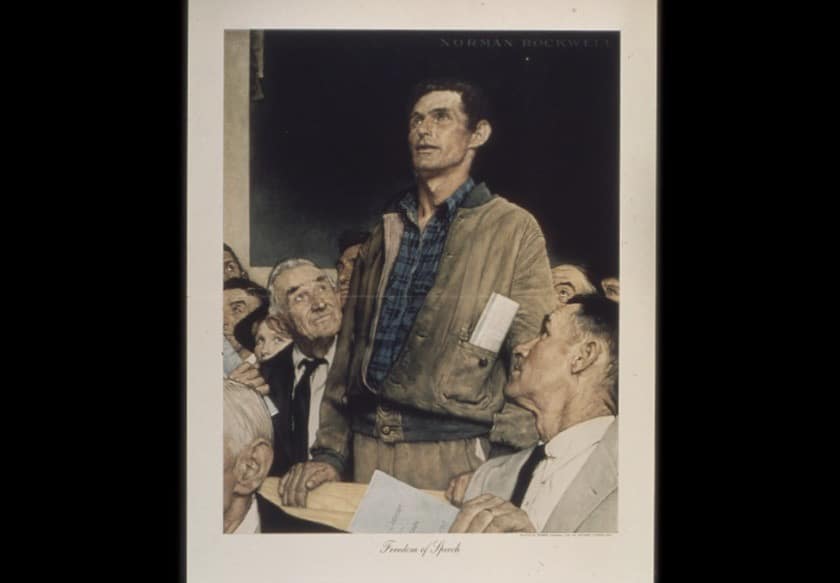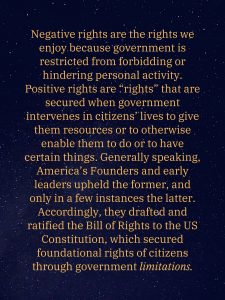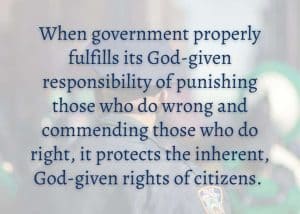A Portion of this Article Is Adapted from “Rediscovering and Upholding the Founders’ Wisdom: A Key to American Renewal”
The complete article is available here.
Unlike the Founders, Americans today tend to think of rights as created and maintained by government. The Founders, by contrast, saw rights as already present; and they believed it was government’s job to protect those rights so that citizens could exercise them freely. Protecting rights doesn’t mean just that government has to stay out of the way so people can act, but also that government works to make sure that citizens themselves don’t hinder other citizens from exercising their rights and liberties.

The above statement echoes the convictions of James Madison, America’s fourth president. Madison has been called the “Father of the Constitution” because of the strategic roles he played in drafting the Constitution and seeking its ratification, and for his work in drafting and ratifying the Bill of Rights. He observed,
It is of great importance in a republic, not only to guard the society against the oppression of its rulers; but to guard one part of the society against the injustice of the other part.
It is of great importance in a republic, not only to guard the society against the oppression of its rulers; but to guard one part of the society against the injustice of the other part.
—James Madison—
Negative and Positive Rights
There’s something else. To truly understand the difference between
-
-
- the Founders’ view of rights and
- the modern American view of rights,
-
we need to understand the difference between what social scientists call
-
-
- negative rights and
- positive rights.
-
The Founding Fathers of the United States of America saw rights as negative rights. These right included
-
-
- the freedom to practice one’s religion according to the dictates of his or her own conscience,
- freedom of speech,
- freedom of the press,
- freedom of assembly, and
- the freedom to petition government for a redress of grievances.
-
Each one of these five freedoms is guaranteed by the First Amendment to the US Constitution and is an excellent example of a negative right. The Founders also believed rights were linked inseparably to responsibilities. Unfortunately, today (as we already have said), most Americans see rights as positive rights, privileges created and maintained by government through government intervention and manipulation.
One More Thing…
At least one more thing about the nature of unalienable rights needs to be said. When the government does what the Declaration of Independence says governments “are instituted among Men” to do — secure and protect unalienable, God-given rights — it necessarily will be fulfilling exactly what Romans 13:1-7 and 1 Peter 2:13-17 say is government’s divine purpose — to commend those who do right and to punish those who do wrong, according to God’s righteous law. This also is a true statement if we reverse the order.
This page is part of a larger article. Copyright © 2021 by B. Nathaniel Sullivan. All rights reserved.


